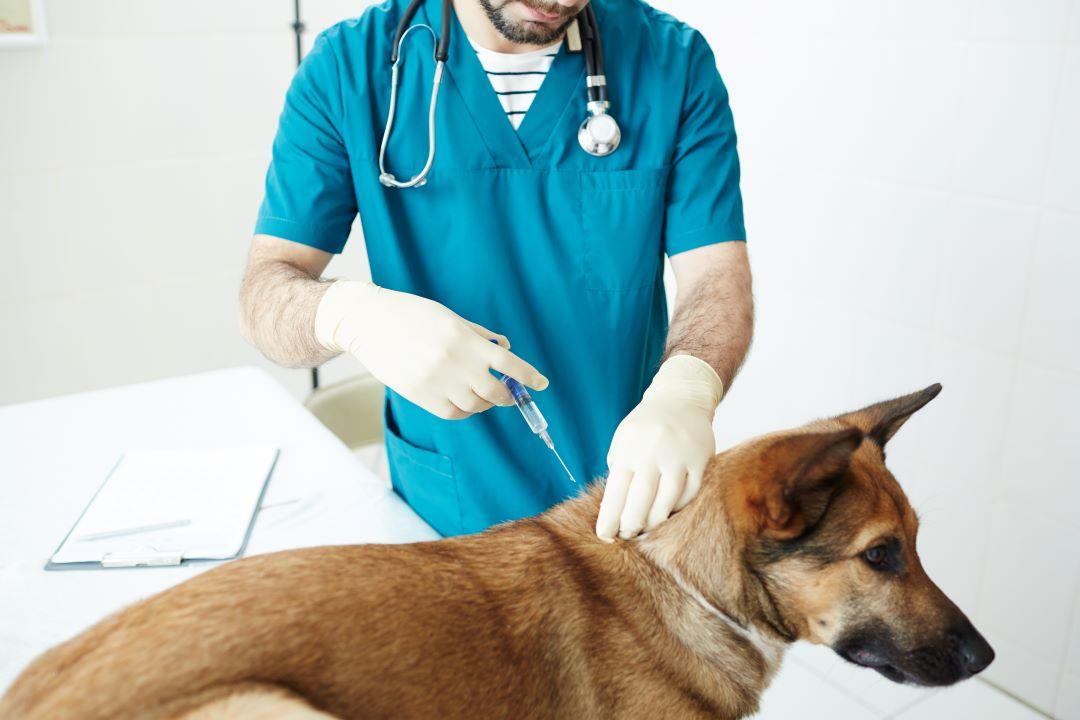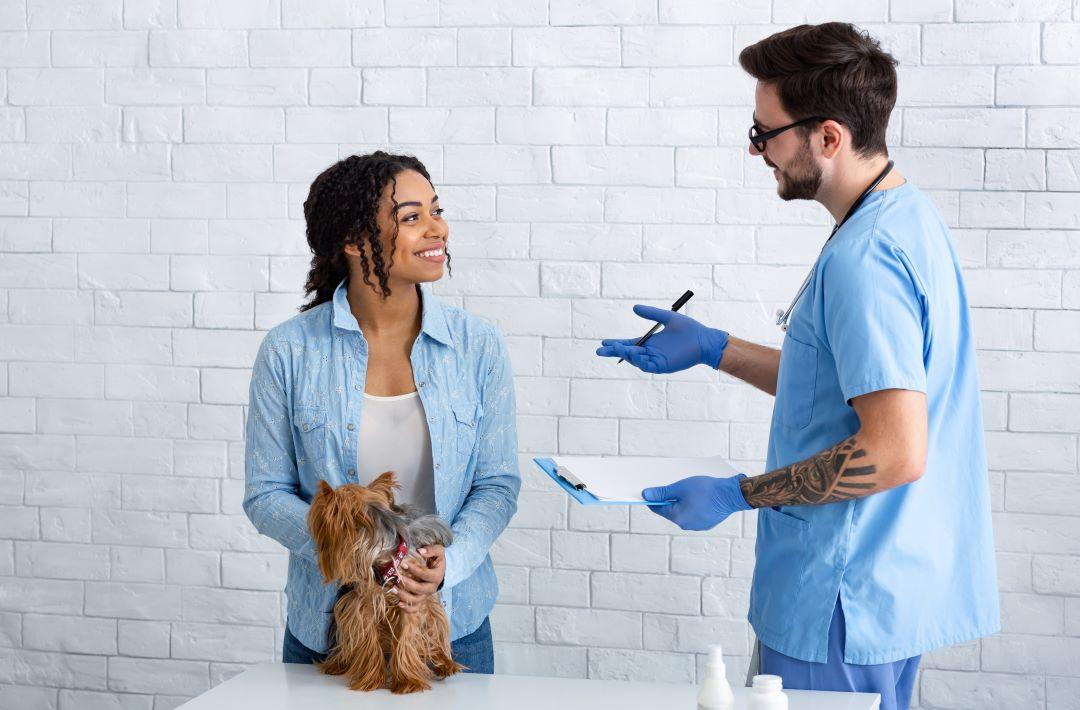Debunking Common Myths About Pet Vaccinations
In the realm of pet care, vaccinations play a pivotal role in ensuring the health and longevity of our beloved animals. Yet, misconceptions about their safety and necessity persist, causing hesitation among pet owners. Let's debunk these myths with scientific facts and shed light on the truth about pet vaccinations.

Why Vaccinations Are Essential for Pets
Vaccinations are crucial in protecting pets from various infectious diseases. They prepare the immune system to recognize and combat pathogens without exposing the animal to the full strength of the disease. This proactive approach not only protects your pet but also prevents the spread of diseases to other animals.

Common Myths About Pet Vaccinations
Myth 1: Vaccinations Are Unnecessary
Fact: Vaccinations are vital. They protect against deadly diseases like rabies, distemper, and parvovirus. By vaccinating pets, we significantly reduce their risk of contracting these dangerous diseases.
Myth 2: Vaccines Cause the Diseases They're Meant to Prevent
Fact: Vaccines are developed to immunize pets without causing illness. While some vaccines contain attenuated (weakened) forms of the virus, they do not cause disease in healthy pets. Mild symptoms post-vaccination, such as lethargy or soreness, are typically signs of the immune system responding, not the disease itself.
Myth 3: Natural Immunity Is Better Than Vaccine-Induced
Fact: While natural immunity can occur, the risks involved with a pet contracting a disease to gain immunity outweigh the controlled and safe response elicited by vaccination.
Myth 4: Pets Don't Need Vaccinations if They Stay Indoors
Fact: Indoor pets are still at risk of diseases. Infectious agents can be brought into the home through clothing, shoes, or other pets who go outside.
The Safety of Vaccinations
Concerns about vaccine safety are common, but extensive research and regulation ensure that vaccines are safe and effective before they are administered. Adverse reactions are rare and often less severe than the diseases they prevent. Regular vet visits allow for personalized vaccination plans, ensuring each pet receives optimal protection with minimal risk.
How to Approach Vaccinations for Your Pet

Consult Your Veterinarian: Discuss your pet's health and lifestyle to tailor a suitable vaccination schedule.
Keep Records: Maintain an up-to-date record of all vaccinations to ensure timely booster shots and prevent over-vaccination.
3. Observe Your Pet: After vaccinations, monitor your pet for any unusual reactions and report them to your vet immediately.
Wrapping Up
Vaccinations are a key component of preventive health care in pets, safeguarding them from numerous preventable diseases. Disregarding myths and focusing on facts helps ensure the health and happiness of our pets. For more information on how to keep your pet healthy, consult with your local veterinarian and continue to educate yourself about the best practices in pet care.
Take Action
Ready to protect your furry friend? Schedule a vaccination appointment, contact us today! Visit our services page to learn more about how we can help keep your pet healthy and happy. For more insights into pet care, check out our Main Street Animal Hospital blog page.
